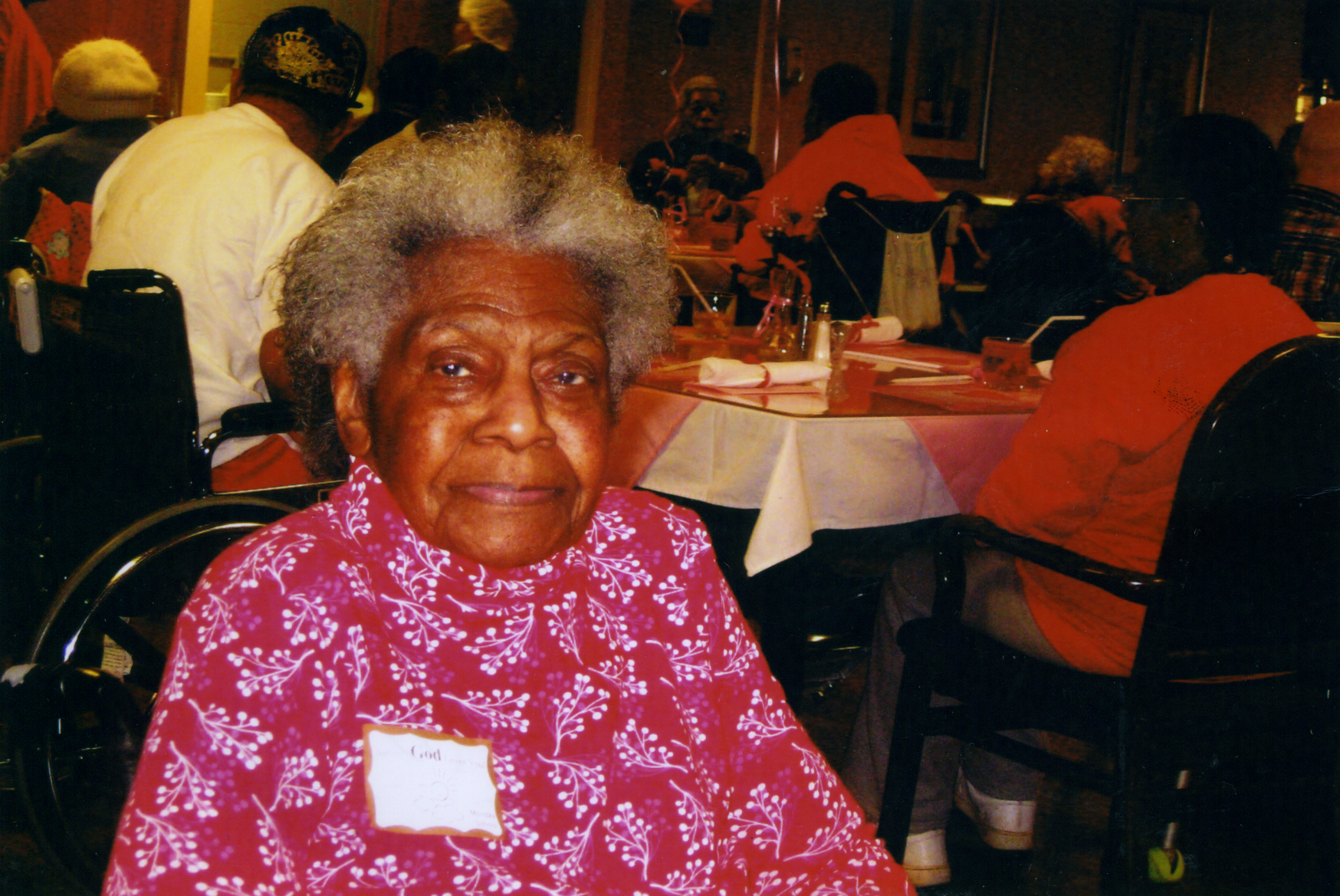Two days before Valentine's Day, Margie Reynolds, 87, passed away in a local hospital.
Friends say she was the toughest person they ever knew. The most selfless they ever met. That, before lunch, she could stare down the neighborhood drug dealer and, by evening, hug the necks of a hundred broken-hearted people around her.
She had a prophet's voice. Like the Beatitudes, made walking.
"She was one of the strongest fighters I have ever known," said friend Linda Morris-Avila. "She always fought for the underdog."
Tomorrow, when they bury her, people across this city will mourn. The weak and the strong both loved her.
"Like an extended family member," said Chattanooga Mayor Ron Littlefield.
Born in Adairsville, Ga., Reynolds moved to Chattanooga, worked at Erlanger hospital and attended the Rev. H.H. Wright's Wesley Chapel Christian Community Church. She leaves behind two daughters and one son.
"She didn't meet strangers, and she wasn't afraid of anything," said daughter Carolyn Matthews. "She had no problems speaking her mind. To anyone. At any time."
Underneath it all, Reynolds was motivated by love.
"For her people," said her daughter. "For God."
Central to the struggle
for black Chattanoogans, Reynolds was a constant organizer and activist. She led workshops on undoing racism. Fought for workers' rights and pay equity. Was part of the lawsuit that restructured Chattanooga city government.
A member of the Rainbow/PUSH Coalition Women's Board. And the Action Coordinating Council.
Yet she also did the quiet work. What Mother Teresa called small things done in great love.
She brought Christmas gifts into the poorest neighborhoods. Could fry the best fish, and laugh the most contagious laugh. And then walk outside and put her neck on the line.
"She would even go up to drug dealers and scare them away," Morris-Avila remembered.
"If you didn't have a loaf of bread, and she had one piece, she'd give you her piece and do without," said Tamara Woodard, who began to cry gently as she remembered her friend. "She was just good people. Good, good people."
Reynolds possessed a rare freedom, able to cross both racial and economic lines.
"She loved Ron Littlefield," Woodard remembered.
In the mid-1980s, the Littlefields hired Reynolds to work in their Glendon Place home. To help clean. A little cooking. But mainly to take care of two growing boys while both Littlefields worked.
"She and my yonger son [Zack] were a real team," Littlefield said. "She always called him her baby. Even when he went off to college, he would come back and go visit her."
Even after she stopped working for the Littlefields, Reynolds would call each holiday. When one was in the hospital, the other visited. This black female activist and white mayor.
"She didn't see race," said Dr. Tommie Brown. "She saw a violation of rights. She would fight you regardless of what your color was."
Brown and Reynolds have a long history; she helped Brown in her election to the state Legislature. Introduced Brown to JoAnne Favors, who became her campaign manager.
And when Brown moved to Nashville, Reynolds took care of Brown's sick and aging parents.
Brown would leave behind a stack of signed checks; Reynolds would buy groceries, medicine, pay bills for Brown's parents so Brown could be free to serve in the Legislature.
"I feel like a piece of me, just like when my parents died, has gone," Brown said.
It's been said that a life well lived is never wasted. That our deeds done in this world last into the next. That our true work is to walk humbly and love justice.
"Margie would rush in where others were afraid to go," said Brown.
God help more of us to follow.


